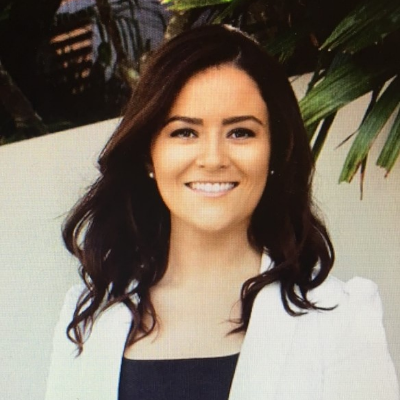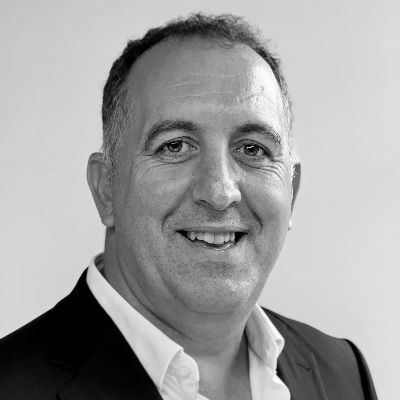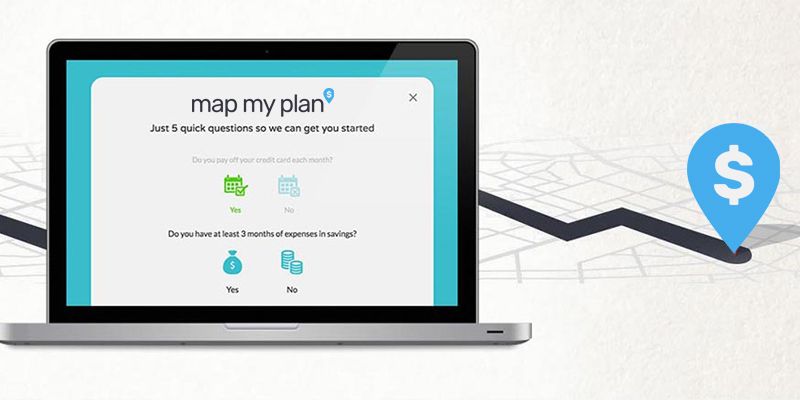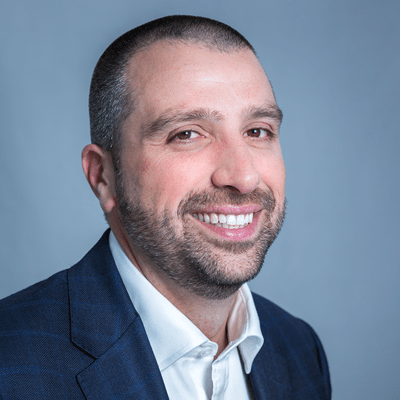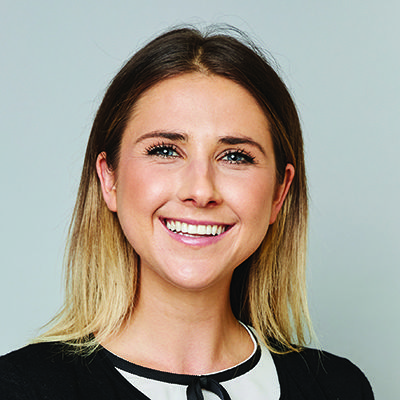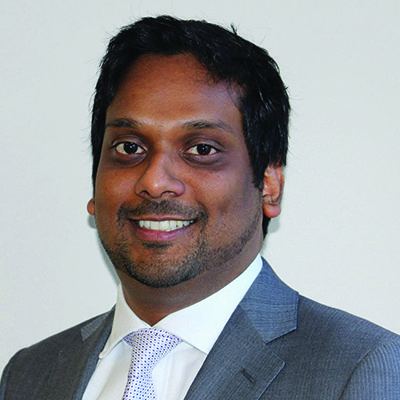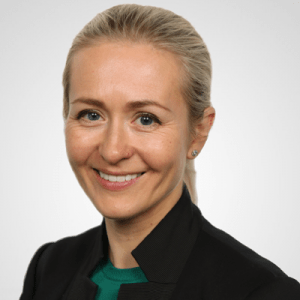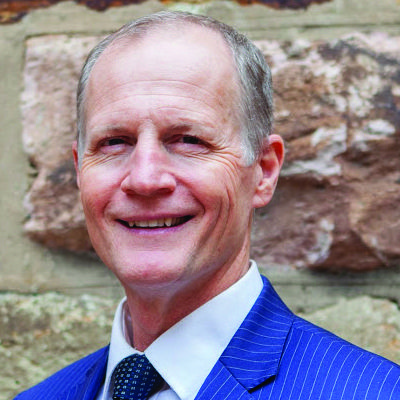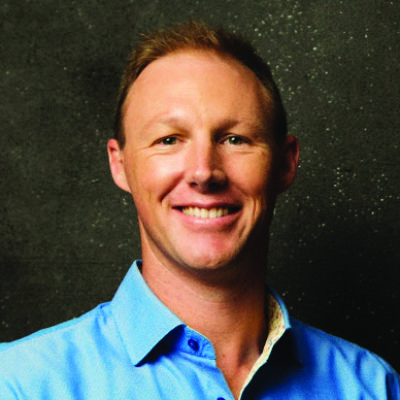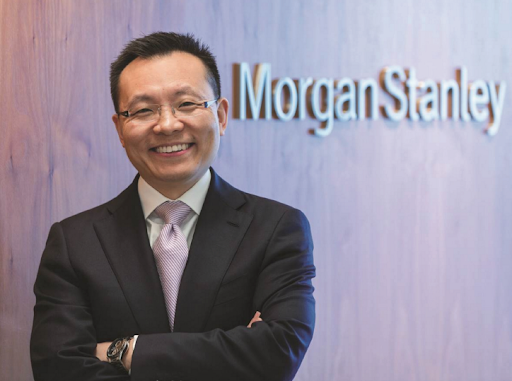
The $5 million man and the real value of getting financial advice
The Australian released its top 100 Australian financial planners last month. The ratings are assigned based on three main categories: client assets managed by the advisor, fees and revenue generated by their business, and the quality of the adviser’s business.
What was particularly interesting about this year’s top 100 (up from the top 50 awarded in years past) was that 80 of them had a minimum account size for new clients.
Sixty three of them had minimum account demands of more than $1 million. And 10, including the number-one ranked adviser, Garth Hu, had minimum accounts of more than $5 million.
Two won’t take your calls if you have less than $10 million to your name.
So is there financial advice for those of us with less than a million sitting in our savings accounts?
Yes, there is. Many financial advisers accept that their long term business relies on picking up clients early – before they become millionaires. As their clients buy homes, get promoted and increase their wealth, they become more valuable and need more help to grow their wealth, secure their retirement and ensure the lives of their families.
Financial advice typically costs 0.5 percent to 1 percent of your portfolio per year. Set fees for a financial plan can cost up to $5,500. So people want to know if they are getting a return on that investment.
Vanguard, one of the largest financial products companies, has concluded that, yes, there is a quantifiable increase in return from working with a financial advisor.
According to financial site The Balance, Vanguard calls this advantage the Advisor’s Alpha. The result can be in the 3 per cent per year range.
That said, you need assets in the first place. One financial adviser we spoke to, who chose not to be named, admitted that asset tests exist.
“Just like with lawyers, we’re professionals who work hard and provide a particular specialised service. We can absolutely reduce the scope to reduce the cost, and we’ll do what we can to make it accessible – but it doesn’t necessarily make sense to get financial advice until you have some assets and want to discuss strategies.”
She does, however, see plenty of clients with a net wealth significantly below Mr Hu’s $5 million.
“I’ve got clients in their thirties and forties who have a few assets and are ready to start doing some more serious strategy mapping.”
She points out that there are plenty of social welfare options available that tend to skew more towards financial counselling than financial advice, services that aim to put low-asset clients into a position in which they will find value in financial advice later.
Financial advisers are aware that there is more need than ever for good advice – particularly thanks to COVID-19 – and many genuinely want to help. Scores of advisers spent time helping families pro bono during the bush fires and are still working there today.
It’s a dilemma. The less money clients have, the more they need advice. But legislation has driven up the cost of running a practice, and is particularly onerous on those working on communities that aren’t affluent and rich. There is a limit to how much pro bono work an adviser can do before they put themselves and their businesses in jeopardy.
The financial adviser we spoke to said she wanted to do pro bono work, but simply didn’t have time between her existing – and paying – clients.
Professor Gail Pearson, consumer law and financial services academic at the University of Sydney, told the ABC that most people don’t need a financial adviser. She cited exceptions, including the time when people are preparing for retirement, and if they have a significant amount of money to invest, such as an inheritance.
“For many people, the amount of money they have does not warrant a financial adviser,” she said. “They would be much better off simply leaving their money in the bank or investing directly.”
Senator Jane Hume, the assistant minister in charge of the finance industry told us: “What we’re seeing now is a shift in the expectations of Australians. They want to receive financial advice that is affordable, accessible but of high quality.”
She believes an Australians coming out of the pandemic will be looking for a fresh approach to their finances.
“For most families the concerns are immediate. How do I get through this today. But once we get to the other side, we want to make sure families can get back to their life or take advantage of opportunities in the future.”
Is robo advice the answer?
Senator Hume is looking to robo advice to provide a quick solution. “There was already a move towards a technological solution to the financial advice conundrum, and I think as a result of this situation you will see them fast tracked when we come out on the other side,” she told us.
Digi-finance online advisers are now offering services for just a few hundred dollars, which is a lot more appealing to low-asset investors than full-service financial advice, which costs some $5000 a year, or around 1 per cent of assets under advisement.
The major players in the robo-advice section are Stockspot, Six Park, Raiz, InvestSMART, My Prosperity and MapMyPlan. In a time in which everyone is simultaneously feeling the financial crunch of the COVID crisis and becoming increasingly comfortable with online over face to face, these digi-advice services are having their moment.
Robo advice also benefits advisers, allowing them to offer valuable services to more clients who need it, without overwhelming their time and goodwill.
It comes with a warning though.
“Robo advice has a place, but it can’t meet a client’s best interests,” says our financial adviser. “We can’t tailor a plan specifically to their circumstances through robo advice, which is the real purpose of financial advice.”






